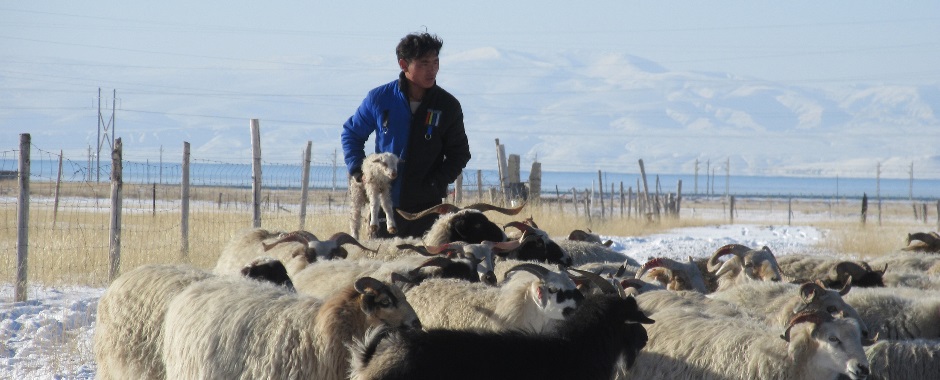Pastoralists are experts in uncertainty. In a series of 3 blog posts, STEPS director Ian Scoones reports back from visits to the Mediterranean island of Sardinia, Isiolo (Northern Kenya) and the Tibetan plateau.
The visits were carried out under the PASTRES (Pastoralism, Uncertainty and Resilience) project, which explores what can be learned from the ways that pastoralists respond to uncertainty, and how such lessons ‘from the margins’ can be applied to global challenges.
In these three places, pastoralists face different sets of uncertainties as they pursue their livelihoods alongside the animals they rely on.
Despite the contrasts, there are some common points too. Climatic shifts and changing land control regimes are altering the environments where pastoralists work. Markets are increasingly connected, regionally and globally. And institutional arrangements are in flux: policies and subsidies change, and devolution affects where decisions get made.
The three blog posts also highlight the unique changes that are going on in each country and region, and how pastoralists are responding to them. The principles of mobility, flexibility and adaptation are crucial; in all three sites, pastoralists are exploring how to respond to new technologies, markets and forms of governance.
They highlight the important role of uncertainty in pastoral landscapes – a topic which STEPS will pick up in 2019 when our work will focus on the theme of Uncertainty.
Read the blog posts
The changing dynamics of Sardinian pastoralism: why an uncertainty lens is important
